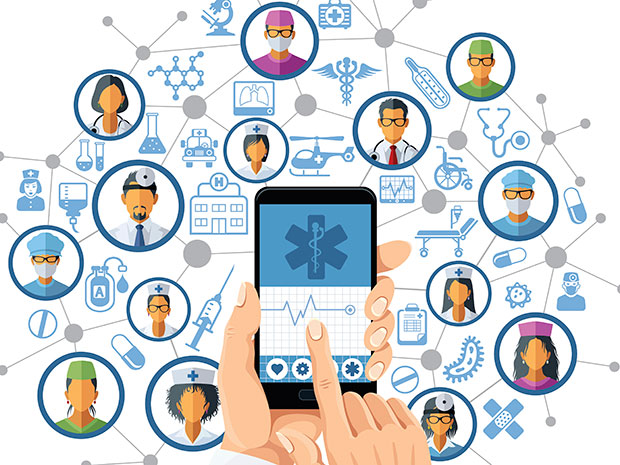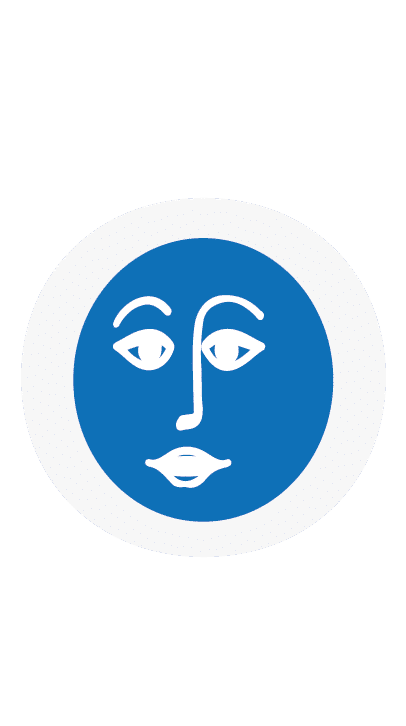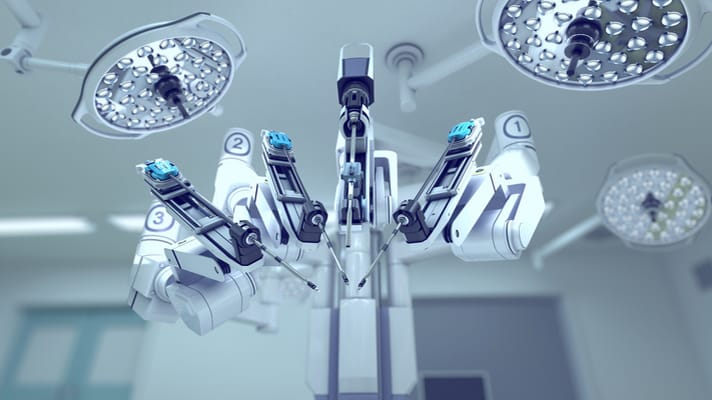
“The science of today is the technology of tomorrow.” -Edward Teller
With the advancement that we have today, it would not be a surprise to know that the world of technology is evolving faster than we’d ever imagined. From what seemed to be a science-fiction thing, artificial intelligence becomes a reality. Let us first give actual definitions of AI to be able to comprehend its totality and how it impacts the world that we live in today.
John McCarthy described Artificial Intelligence or AI as the science and engineering of making intelligent machines, especially intelligent computer programs. Haugeland said AI thinks like human, the exciting effort to make computers think, machines with minds, in the full and literal sense. According to Winston, AI thinks rationally. The study of computations that make it possible to perceive, reason, and act. To Luger and Stubblefield, it acts rationally. It’s a branch of computer science that is concerned with the automation of intelligent behavior. More so, Rich and Knight said that AI acts humanly. The study of how to make computers do things at which, at the moment, people are better.
AI structures will characteristically demonstrate at least some of the behaviors which you can associate with human intelligence such as planning, learning, problem solving, knowledge depiction, motion, and manipulation. It can simulate human behavior and cognitive process. While human intelligence has the ability to demonstrate their intelligence by communicating effectively, AI can capture and preserve human expertise. While human intelligence uses reasoning and critical thinking, AI responses faster.
What breakthroughs will we expect with AI in the future?
As humans try to develop and improve AI, we are realizing that it thinks and functions in ways that humans can’t. Algorithms that can screen and process massive amounts of data in a methodical technique and make inferences based on patterns in that data are projected to alter every path of the social order. Starting from something trivial — enhancing search actions over time to figure out options and choices base on previous searches in the internet— to something more serious, like monitoring epidemics and diseases, and finding ways to stop them before they spread extensively. AI could eventually have a huge influence on healthcare, helping physicians to diagnose illness, aiding scientists in spotting genomic sequences related to diseases and discovering new drug components that could lead to more efficient treatment regimen. As society changes to accommodate an AI-driven world, it also opens new job opportunities for the next generation. While machines or robots already replacing some of human occupations, these are hazardous jobs making it more advantageous to workers.
AI is making gigantic changes in many fields, and it is something that humans are ambivalent as to its short-term and long-term effects. The more we develop artificial intelligence, the clearer its message to us. Development of AI comes with great responsibility. Is it somewhat disadvantageous? The answer depends on how we utilize AI. Humans, who created AI are far more rational in different aspects. In the race between man and machine, the brain master always wins in the end. We can position ourselves in a gainful manner by being responsible users or operators. We should not be afraid to use AI and take charge of it. The technology behind can help us better our lives and be of help to others. This is true especially in developing countries where an AI device that can help diagnose a possible disease and its treatment can be beneficial. If one is equipped with the right knowledge, training, and tools, extending support is not that challenging.
It seems outward that the world of technology is growing fantastically. What is impossible in the past is now germane. What if one day you could diagnose and treat yourself? It’s happening and you could be a virtual doctor. You can check your symptoms or others illnesses with artificial intelligence. You heard it right. Diagnosio revolutionizes healthcare. It analyzes symptoms using machine learning and performs intelligent evaluations from thousands of documented diagnoses and millions of previous queries. You need not to google your symptoms. With a device like Diagnosio, everything is almost possible.

